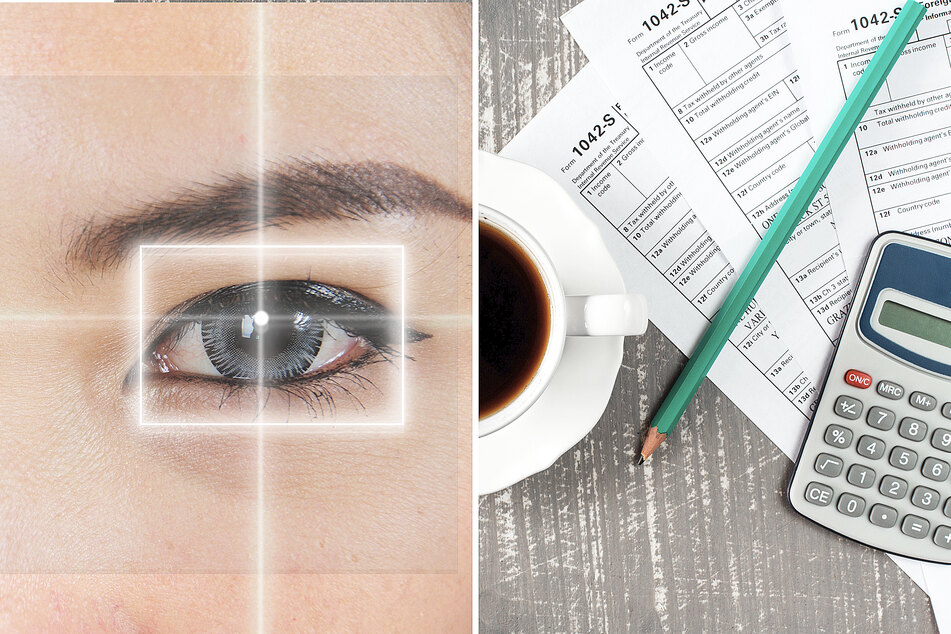Tax returns now involve facial scans as IRS seals deal with private company
Washington DC - The IRS, infamous for its inscrutable tax filing rules, has partnered with a private company that will verify identities online – but is the new process is streamlined and 100% secure?

The Internal Revenue Service now requires anyone who wants to continue filing using an IRS.gov account to submit a selfie and a bunch of sensitive documents to a private ID verification company, ID.me. The account is necessary for filing taxes online, viewing tax documents, and getting certain tax credit payments,
The IRS told Gizmodo that you'll need to suffer through a selfie-submitting slog to pay your taxes online – unless, of course, you use a different online tax service or snail mail.
Some Twitter users are already asking why Login.gov, the US government's own ID verification portal, is not an available option. Considering the amount of data now going to a private company, that's a valid question.
ID.me's own Privacy Policy says the company collects and stores all the submitted biometric data you send it to verify your ID, as well as tracking other webpages visited and GPS information.
This is all supposedly necessary to verify IDs, because Social Security Number, ID documents, and your face aren't enough.
The service is also at pains to stress it won't be held accountable for any potential breaches: "We cannot guarantee the security of any information transmitted to or from the Website, and are not responsible for the actions of any third parties that may receive any such information."
Even though there is no evidence of any successful hacks, CEO Blake Hall did tell CBS Sacramento that the platform was the target of four Nigerian cyberattacks in 2020, as well as a staggering number of access attempts from China and Hong Kong.
User reviews call ID.me "Awful"

Despite ID.me's claims that they successfully verify 9 out of 10 users with their automatic process, anyone who is forced to run the video ID verification gauntlet is in for a nasty experience.
Reviewers of ID.me on Trustpilot, Sitejabber, and Pissedconsumer.com blasted the service. Thousands of reviews gave the service one out of five stars across the board, mainly due to the atrocious video call wait times, frustration with the inability of ID.me to correctly match people's selfies with their IDs, and the opposite of a user-friendly interface.
Users also reported an abysmal customer service hotline, which tended to redirect people back to the online ID verification portal.
The problems don't stop there, because even though ID.me claims it's software has "no detectable bias tied to skin type," studies from the US government's own National Institute of Standards and Safety and other organizations like Harvard University show that face scanning has a proven record of racial bias.
Another major concern is how many people will be left out. Despite ID.me's mission of "no identity left behind," 15% of American adults don't own a smartphone and 23% don't have broadband internet at home, according to 2021 research from think tank Pew Research Center.
"These technologies may be inaccessible for precisely the people for whom access to unemployment insurance is the most critical," Olga Akselrod, a senior attorney with the American Civil Liberties Union, told CNN.
Cover photo: Collage: IMAGO / Panthermedia (stock)

